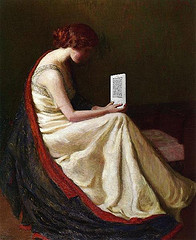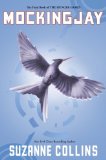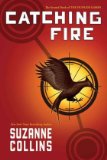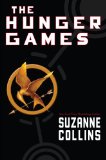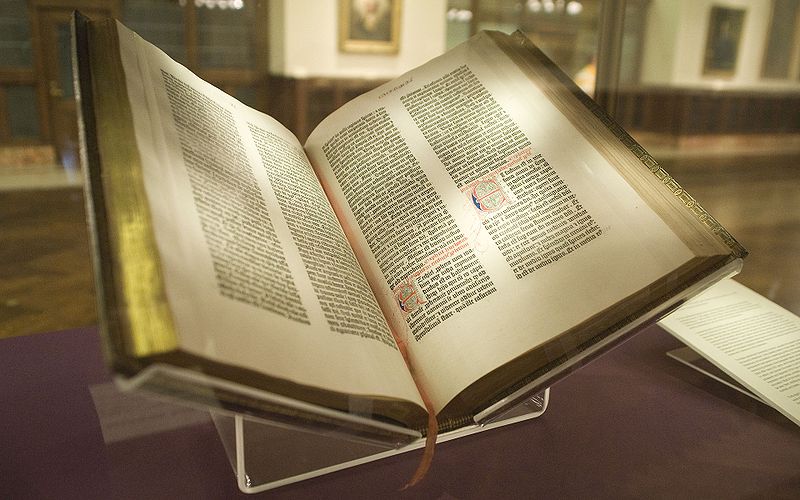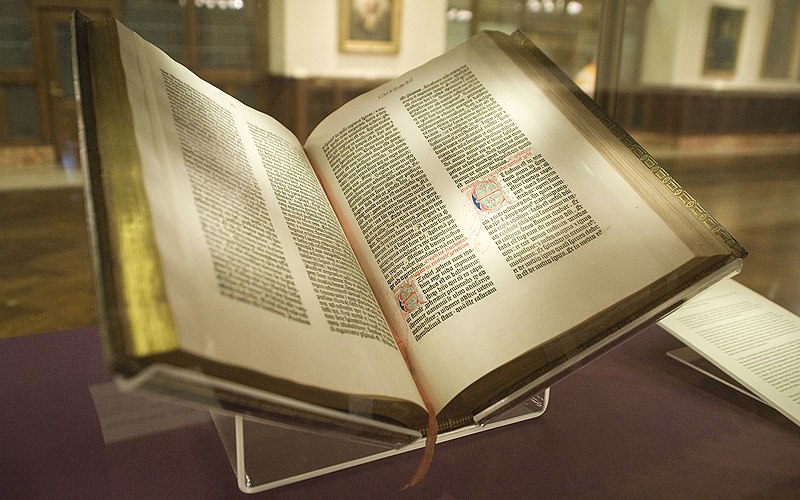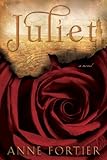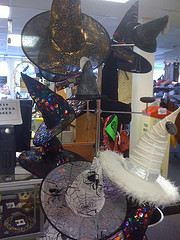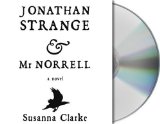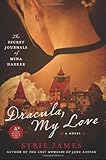 It’s Sunday night, a school night. It’s 11:29 P.M. as I begin this blog post. I should go to bed, but I have some bizarre compulsion to type out this review first.
It’s Sunday night, a school night. It’s 11:29 P.M. as I begin this blog post. I should go to bed, but I have some bizarre compulsion to type out this review first.
Syrie James’s latest novel Dracula, My Love is a fresh take on the Dracula story. The story is told exclusively from the point of view of Mina Harker and re-imagines Dracula as a suave, seductive, charming man rather than Bram Stoker’s description of Dracula as a hideous monster. Dracula is drawn to Mina based on the picture Jonathan Harker carries with him and seeks her out in Whitby. Though Mina is engaged to Jonathan, she quickly falls under Dracula’s spell. Readers will wonder by the end of the book how much we can truly trust Mina’s version of events as compared with the version told by the narrators in Stoker’s version, for she is enthralled by and in love with Dracula. Is he truly the monster he’s always been depicted as, or is he misunderstood?
Based on the interview included at the end of the book, James had some of the same questions about Dracula that I did—what would happen if the book were told from one viewpoint rather than multiple narrators? Also, when so much of our common lore depicts vampires as beautiful and seductive beings, why is Stoker’s Dracula so unappealing? And why is he so drawn to Mina? (The movie starring Gary Oldman came up with an explanation similar to James for Dracula’s attraction to Mina—she looked like his dead wife.) What is the connection between Dracula and the infamous Vlad Tepes, often said to be the man with whom the myth originated? And finally, why does Dracula lurk in the background, appearing so seldom in the action of the book bearing his name?
Readers are treated to James’s answers to these puzzlers in a novel that nevertheless adheres closely to Dracula. In fact, it’s possible to read both as true depictions of the story, from a certain point of view anyway. Dracula, My Love was longer, I believe, than James’s other novels, possibly because of her attention to Dracula in her narrative. Fans of Anne Rice and Stephenie Meyer will find much to rejoice about in this novel, which corresponds much more closely to those authors’ depictions of vampires than Stoker’s original. However, in my opinion, James is a better writer than either. I actually think I enjoyed this book more than I did Dracula, though the English teacher in me recoils to admit it. It’s a perfect read for the month of October and the R.I.P. Challenge. If you like vampire stories, you’ll love Dracula, My Love, and even if you don’t like vampires, you’ll probably like it.
Rating:




This novel was my fourth selection for the R.I.P. Challenge, which means I have actually completed Peril the First! For the first time in three years! I have never been able to complete this challenge, so I initially only committed to reading two books—Peril the Second. If my exclamation points didn’t tip my hand, I’ll say outright that I am really excited. I’m going to keep going with the creepy books, though. October is too perfect for reading spooky stories.


